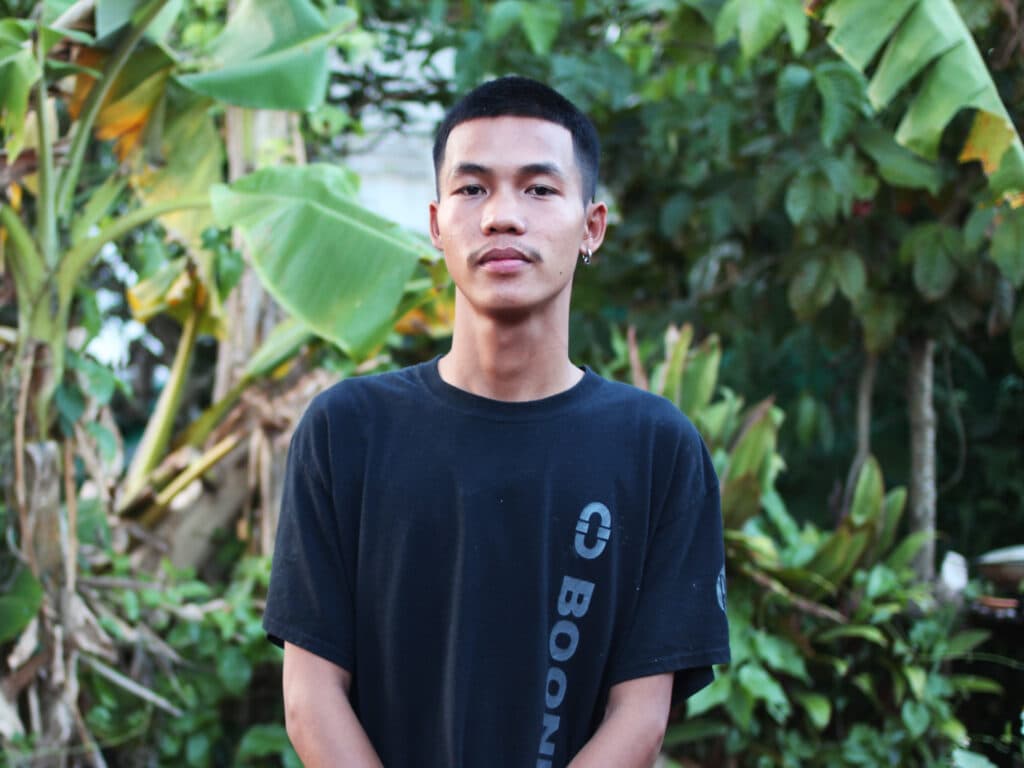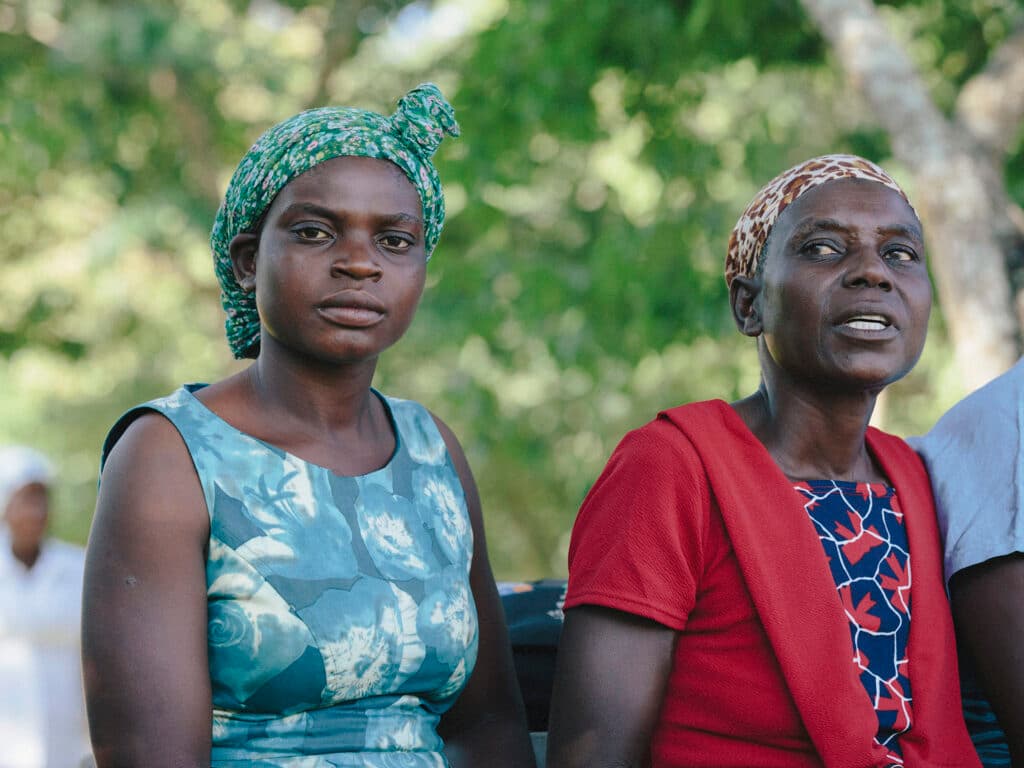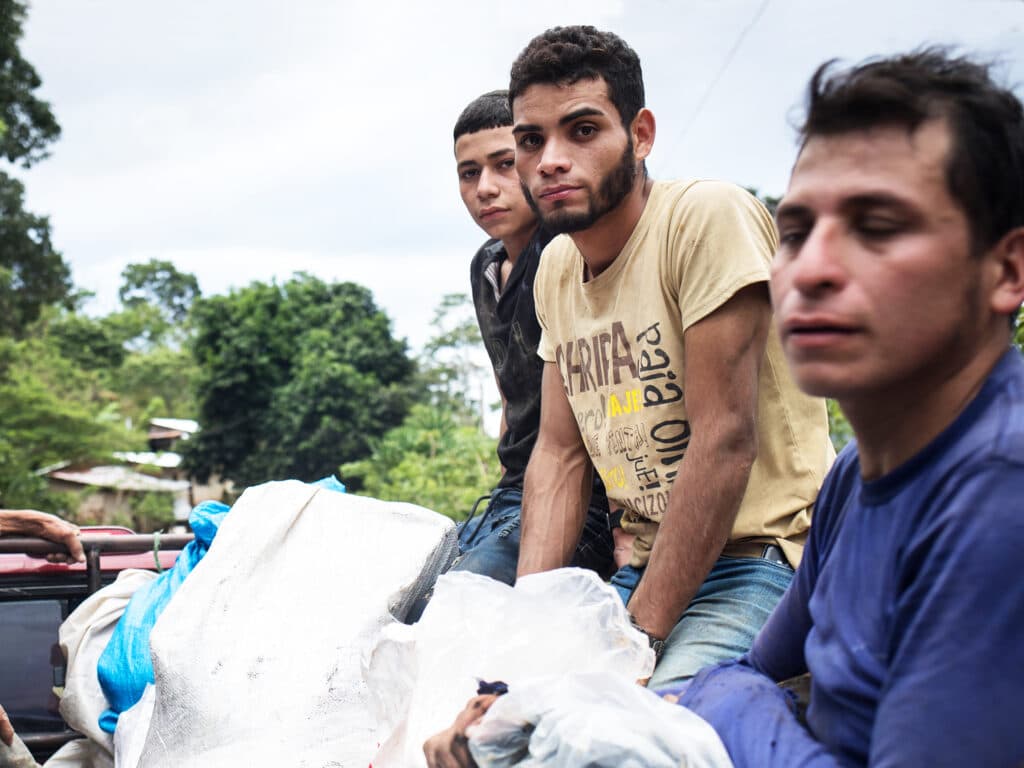
Democracy
Democracy is the form of governance that best expresses the fundamental ideas in the Bible regarding the equal worth, rights and obligations of all people. Truly just and sustainable development is only possible if rights holders themselves have the power to decide over their own present and future.
Shrinking, closing and changing democratic space
For quite many years the world has been witnessing an accelerating trend of shrinking or closing democratic space.
This is when governments, in order to silence civil society, make use of legal and administrative means; and/or do not effectively guarantee the protection of human rights defenders and leaders, or actively promote harassment, stigmatization campaigns, threats and directs attacks, instead protecting the interests of political and national or international economic elites.
The situation both impedes civil society from making use of its full potential to contribute to participation and local democracy, and has forced the organizations to develop resilient coping strategies to continue the work. In addition, in many countries huge mobilizations against for example corruption, re-election of Presidents disrespecting the country’s Constitution, for women’s rights, or megaprojects that destroy the environment and peoples’ livelihood are taking place.
Alongside the changing power relations at global level, which influences the national level, this trend attacking democracy is foreseen to continue. At the same time the country situations are getting more unpredictable and can quickly change.
The opportunities of developing countries are often strongly affected by the rules, regulations and policies of international institutions. In practice, most developing countries have limited space to influence decisions regarding them.
By supporting partner organizations and as an advocacy actor in our own right, Diakonia works to increase the transparency and accountability of these international institutions and private actors.
Changing power relations
The support to democratization processes is a cornerstone in Diakonia’s work. With focus at local level partners in all regions, we are promoting awareness raising, organization and mobilization, and advocacy work with rights holders. Particularly women, youth and indigenous peoples are engaged in decision-making processes on development and rights issues in their community and municipality, promoting authorities’ accountability and transparency.
Partners’ work at local level is linked to the national, and sometimes regional and international levels, e.g. legislation on decentralisation, electoral processes and gender budgeting. Networking is becoming even more important to counteract the shrinking democratic space; in order to increase impact and protection of local organisations.
The Diakonia long-term support to processes is the most important aspect of the democracy promotion, especially when shrinking and closing democratic space.


